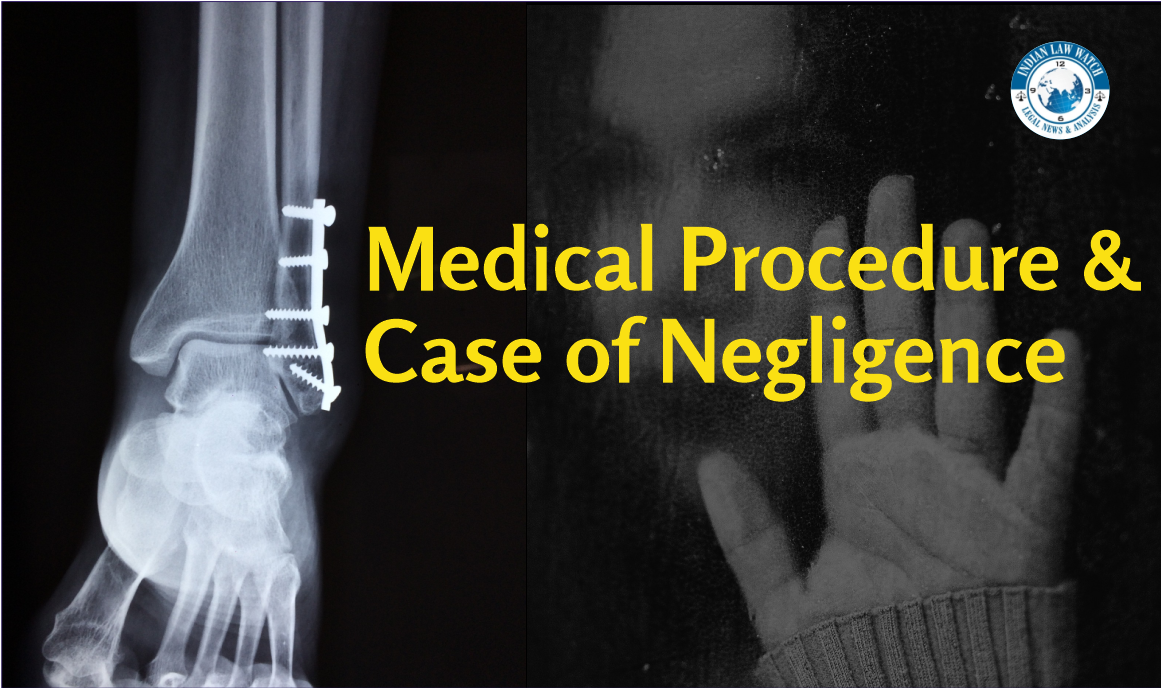

The Supreme Court has recently said that to apply the principles of Res Ipsa Locutor, it is necessary that a ‘Res’ is present to establish the allegation of medical negligence.
The Supreme Court has recently said that to apply the principles of Res Ipsa Loquitur, it is necessary that a ‘Res’ s present to establish the allegation of medical negligence.
Res Ipsa Loquitur is a Latin word that means “the thing speaks for itself”.
A bench of justices AS Bopanna and Prashant Kumar Mishra’s remark came while upholding a consumer commission order that did not give relief to a woman.
The court noted that no case of negligence is made out if suffered by the patients are not related to the medical process.
“In so far as the applicability of principles of Res Ipsa Loquitur, in the fact and circumstances of the case, it is to bear in mind that the principles get attracted where circumstances strongly suggest partaking in negligent behaviour by the person against whom an accusation of negligence is made.
For applying the principles of Res Ipsa Loquitur, it is necessary that a ‘Res’ is present to establish the allegation of negligence. Strong incriminating circumstantial or documentary evidence is required for application of the doctrine,” the court said in its October 17 order.
The court was hearing a woman whose husband died after suffering cardiac arrest. The woman has alleged that the hospital has not taken proper care of her husband from the time he was shifted to the Private room till he suffered a cardiac arrest.
The National Consumer Disputes Redressal Commission on Aug 3 2010 held that the petitioner has not been able to establish by any cogent evidence or material on record that the heart attack suffered by the deceased had any connection with the operation in question or on account of lack of post-operative care.
The woman challenged the Consumer Commission order in the Supreme Court.


Source: The Economic Times





